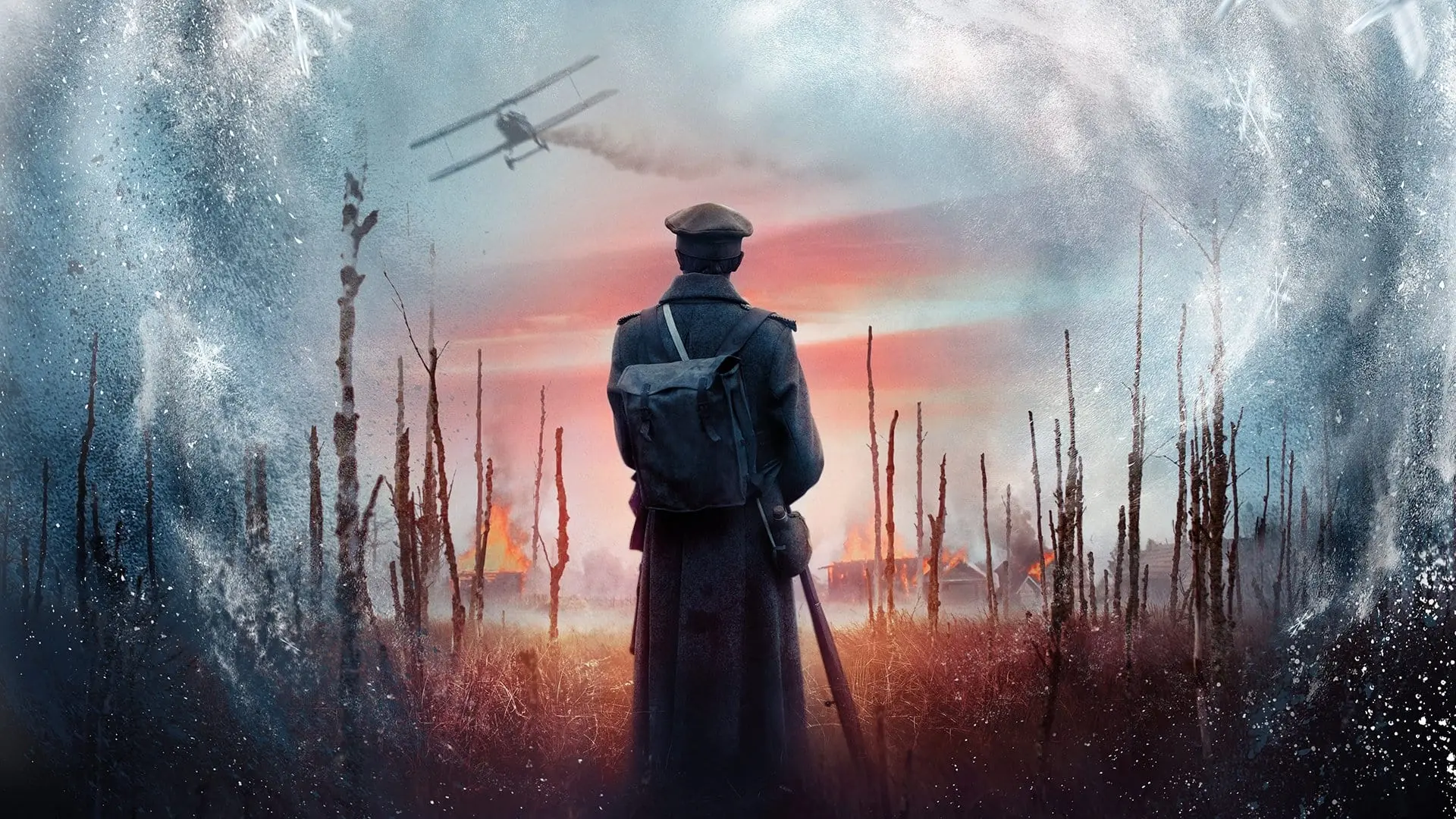Many of Latvia’s most successful modern films explore expressly Latvian themes, placing the unique cultural, historical, and social experiences of the Latvian people on screen. These films often explore topics such as Latvia’s difficult past of war and occupation, telling the stories of Latvia’s national heroes, or exploring the complexities of Latvia’s national identity.
Below are seven modern films that are well known to Latvians and often cited as exemplary of their film industry. All of them also have something to say about what it means to be Latvian – speaking to the shared history, values, and experiences of the Latvian people.
A Limousine the Color of Midsummer’s Eve (1981)
In Latvian: Limuzīns Jāņu nakts krāsā
This classic comedy is set in rural Latvia and satires many of the common character archetypes of the Latvian countryside. The story revolves around an elderly woman who unexpectedly comes into possession of a luxurious Volga limousine, an exotic and rare commodity in Soviet-era Latvia. This news immediately brings relatives, friends, and neighbors to her side, including those who had never paid her much attention before. Everyone comically attempts to gain access the car and eventually inherit it. All of this is set amid Latvia’s traditional Midsummer’s Eve celebrations, or Jāņi, an ancient and important holiday that associated with life, fertility, and fortune seeking. The film strikes a balance between celebrating Latvian culture and critiquing societal flaws, making it both enjoyable and thought-provoking.
Is It Easy to Be Young? (1987)
In Latvian: Vai viegli būt jaunam?
This documentary focuses on the youth who saw the USSR crumble and independent Latvia reborn. Filmmaker Juris Podniekis follows seven young people—from rock and punk enthusiasts to Soviet Afghan War vets and aspiring artists. Struggles with the Soviet system, social alienation, rebellion, crime, the need to find purpose in life, and generational divides are major themes examined. One of the most memorable sequences is footage from an illegal rock concert that leads to a clash with the authorities, reflecting the burgeoning cultural and political dissent among Soviet youth. Released at the height of perestroika, it managed to avoid censorship and became a cultural phenomenon, sparking heated discussions and debates about the future of Soviet society. For many viewers today, the film resonates not only as a piece of Latvian and Soviet history but also as a universal exploration of youth rebellion and the search for authenticity in the face of oppressive systems.
Bille (2018)
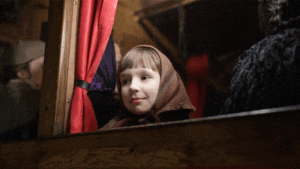
In Latvian: Bille
This biopic focuses on the childhood of Vīzmas Belševicas, an internationally-renowned Latvian author most known for her poetry and her semi-autobiographical trilogy, Bille, about a young girl growing up pre-war Latvia and experiencing the Soviet and German occupations. Through Bille’s eyes, Belševica explores themes of innocence, trauma, resilience, and the impact of political upheaval on personal lives. Director Ināra Kolmane, additionally emphasizes the character’s impoverished childhood, troubled by her abusive mother and alcoholic father. The film is one of Kolmane’s many homages to pre-war Latvian society, and the viewer takes in some of Latvia’s most horrible historical events through the imaginative and innocent eyes of a child that later became a Latvian hero.
The Pagan King (2018)
In Latvian: Nameja gredzens
This historical action drama is set in the 13th century, and follows the story of young Namejs as he inherits the throne just as his people are facing invasion from Crusaders. The film focuses on Namejs’ struggle to unite his people against the invading forces, maintain their pagan traditions, and preserve their independence. It portrays the conflict between the native Baltic tribes and the Crusaders as a fight for freedom, cultural identity, and survival. One of the most ambitious Latvian film projects of its time, it was shot with a significant budget and international aspirations. The film featured an international cast, including Edvin Endre (known for his role in the TV series Vikings) as Namejs, alongside British and Latvian actors. It was shot in English to appeal to a broader international audience, which is relatively unusual for Latvian cinema. The film appealed to Latvian’s sense of identity, which runs strongly back to the early times before Latvia was subjugated by foreign invaders. It was also criticized, as many large-budget ambitious national dramas are, for occasionally being over-the-top, ham-fisted, and cliché. However, all can generally agree that it is a exciting tale told in sweeping landscapes and with several epic fight scenes that keep the viewer entertained while also educating them on Latvian history and identity.
The Foundation of Criminal Excellence (2018)
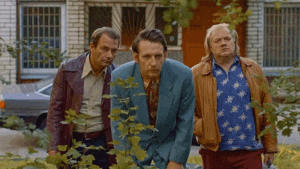
In Latvian: Kriminālās ekselences fonds
For many Latvians, their local film industry succeeds at documentaries, biopics, and historical dramas based in Latvia’s history. It fails when it attempts to imitate Hollywood with a blockbuster or a comedy, which can be hamfisted or puerile. However, The Foundation of Criminal Excellence succeeds as a crime comedy reminiscent of the Coen brothers by being extraordinarily self-aware and dark. It places a Latvian everyman at the center of a dangerous world so big that he shouldn’t possibly be able to handle it on his own, a historical situation certainly familiar to Latvians. The everyman in question is a b-list screenwriter commissioned to write a crime drama. With no experience in that genre, he enlists a friend to help him “research” the subject by committing petty crimes that quickly escalate into a spiral of greed and violence. By being a film about trying to be something one isn’t, The Foundation of Criminal Excellence manages to both successfully represent the crime-comedy genre while self-consciously remaining humble with a decidedly low-budget and quirky aesthetic. It even succeeds in skewering the big budget Hollywood films it must technically compete with. This quirky, highly stylized film is ranked by many Latvians’ as one of their best modern comedies.
Blizzard of Souls (2019)
In Latvian: Dvēseļu putenis
This historical drama is based on a novel of the same name. Set during World War I, it follows the story of Artūrs Vanags, a 16-year-old Latvian boy who enlists in the Latvian Riflemen battalion. He then begins a harrowing journey through the brutality of war and the fight for Latvian independence. It was hailed for showing historical events from a pivotal time in Latvia’s history and identity formation in a genuine and nuanced way while showing powerful emotions and the intensity of war. It became one of the most successful films in Latvian cinema history, grossing a record box office take and earning accolades in Latvia and abroad.
Everything Will Be Alright (2023)
In Latvian: Viss būs labi
This drama explores Latvia’s troubled transition from a Soviet republic to an independent European state by examining a troubled mother-daughter relationship. The mother, currently experiencing a midlife crisis, feels lost and out of touch with her surroundings and in her profession as she holds onto traditional values and ideas shaped by Latvia’s Soviet past. Her daughter, meanwhile, is a progressive young woman trying to find her place in Latvia’s new but complex European society. As the two struggle with their own identities, they also struggle in their relationship with each other. In the process, they reveal some of the pain and division that Latvia still feels more than three decades after independence – but also shows the desire and need to remain a united family. The film doesn’t offer easy resolutions; instead, it emphasizes the complexity of family dynamics and generational conflict. However, by the end, there’s a sense that both mother and daughter are beginning to understand each other a little better, suggesting that even in the face of deep differences, there is hope for healing.
You’ll Also Love

Films of Eldar Ryazanov, Moral Voice of the USSR
Eldar Ryazanov is remembered as one of the most influential and beloved directors in the post-Stalin Soviet era. Phrases from his movies, which is often co-wrote are still quoted by Russians as much as pieces of folk wisdom as pop culture references. He is best known for light comedies that also delivered social reflection, moral […]

Aleksei Balabanov and His Films: Cult Classics of Post-Soviet Russia
Aleksei Balabanov is one of Russia’s best known directors of the 1990s and his movies are known for capturing the essence of those turbulent years. Below is brief biography for him and several synopsis and reviews of his work, with links to watch them in the original Russian on YouTube. Balabanov’s Education and Early Work […]
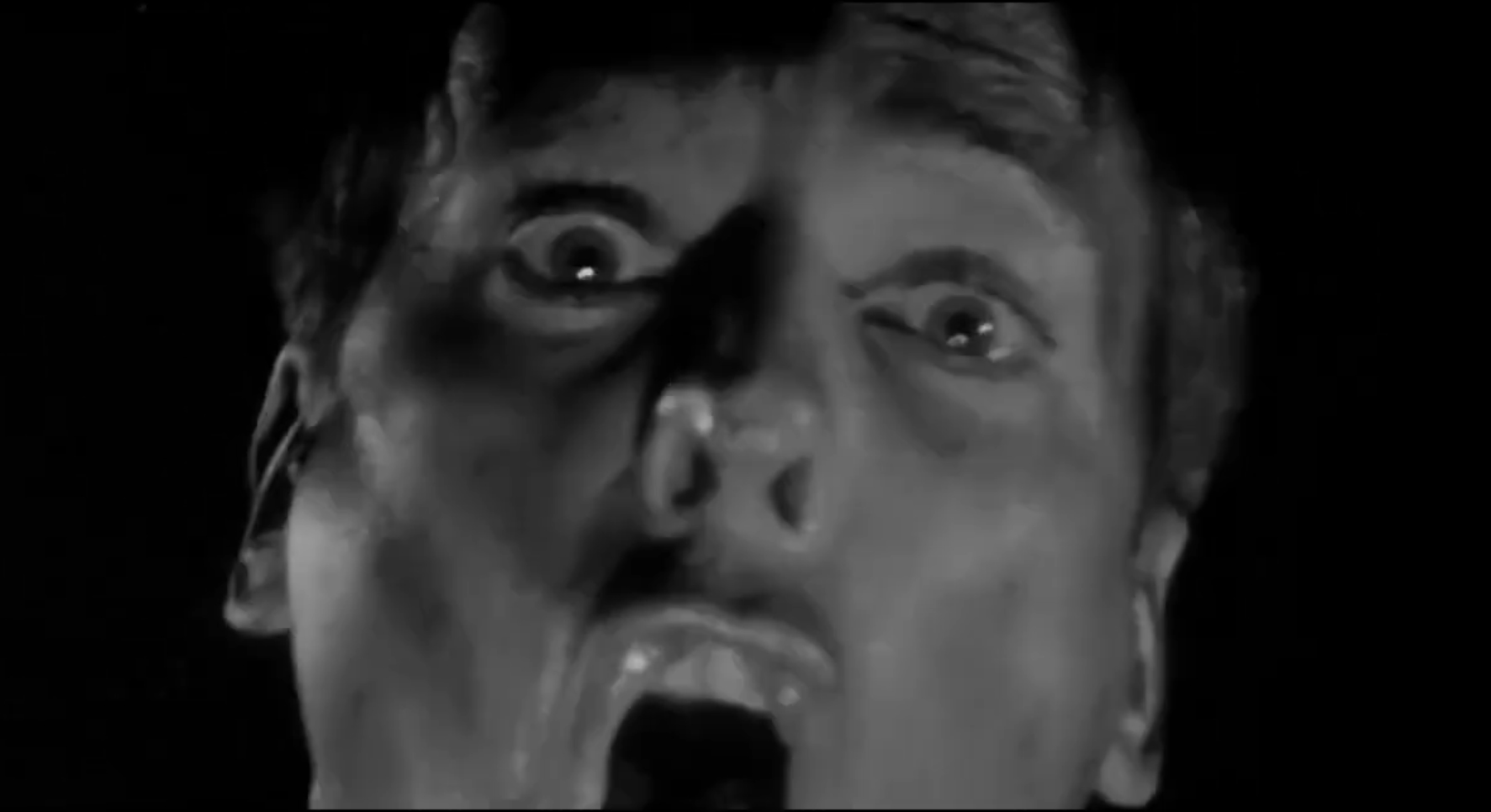
You’re Next: The Cold War in American Horror Films
During the second half of the 20th century, Cold War anxiety and paranoia played out on America’s silver screens via the explosively popular horror genre. These films both reflected and shaped how Americans understood the perceived threats of a rapidly changing world. This paper examines five horror films—Them! (1954), Invasion of the Body Snatchers (1956), […]

Russian Language Horror Films
Although Russian folklore teems with fearsome spirits and creatures, horror has never taken root as a popular genre in Russian culture. In literature, the supernatural typically inflicts psychological rather than physical torment, and modern attempts at slasher horror in film have largely failed at the Russian box office. The most successful Russian horror films instead […]
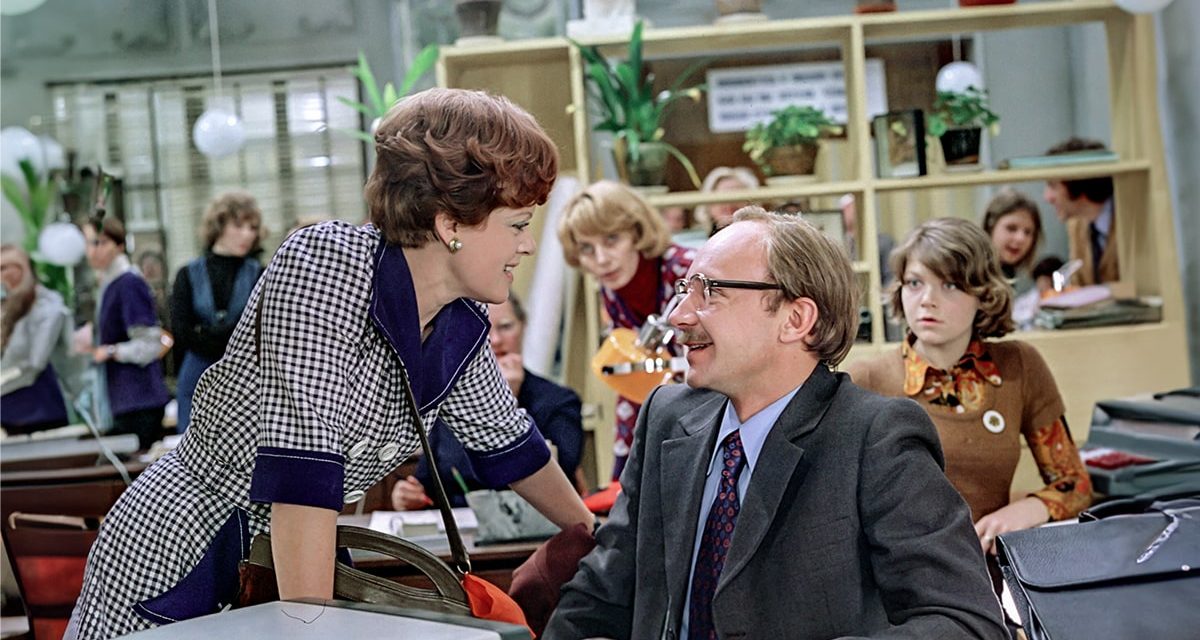
The Best Soviet Films According to Soviet Citizens
In 1925, Sergei Eisenstein’s film Battleship Potemkin was released in the Soviet Union. At the time, it was regarded as one of the most important works in the history of cinema, and still often appears on lists of the world’s greatest films. However, only in 1958 did independent film ratings in the USSR appear, when […]


